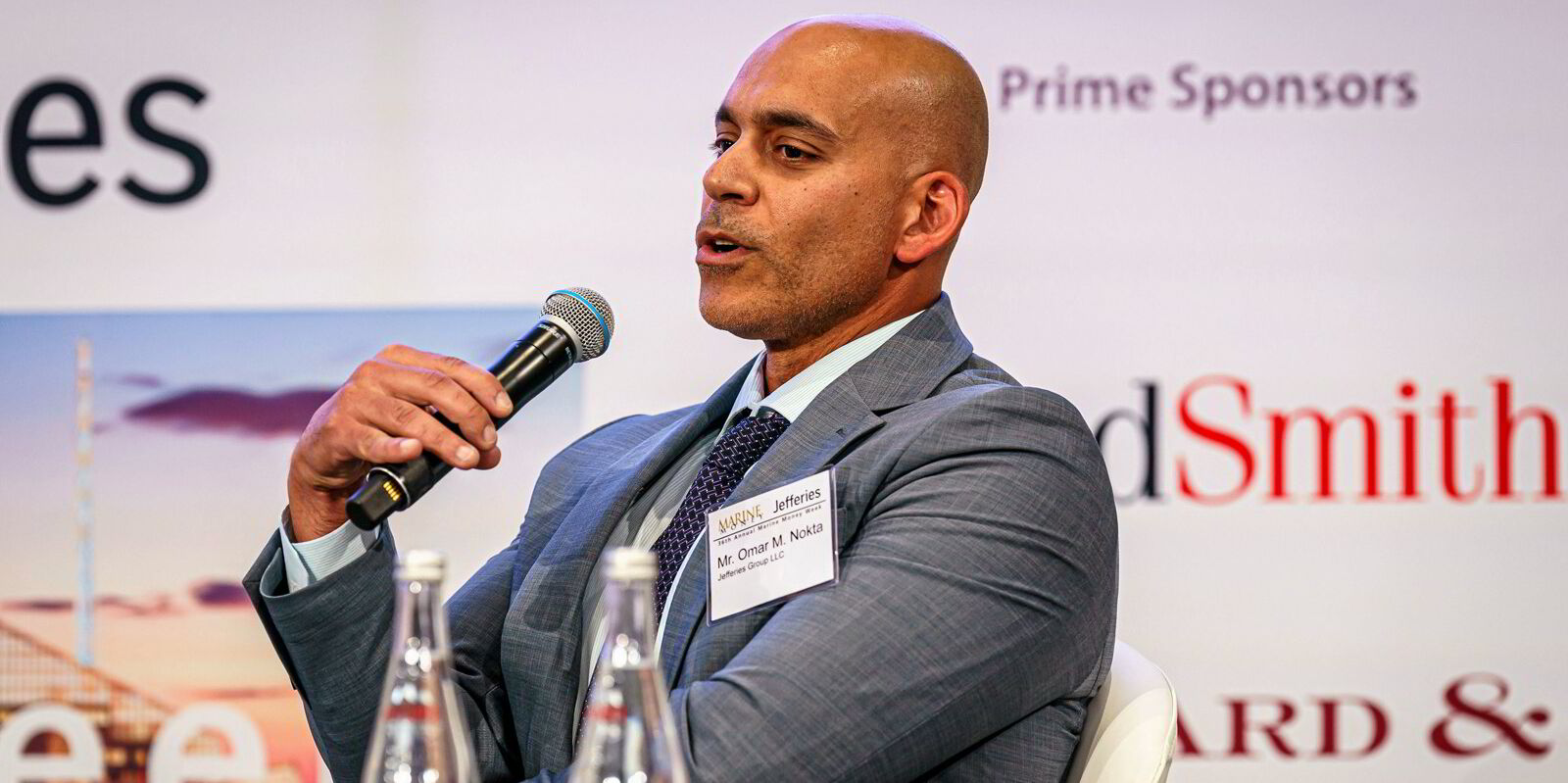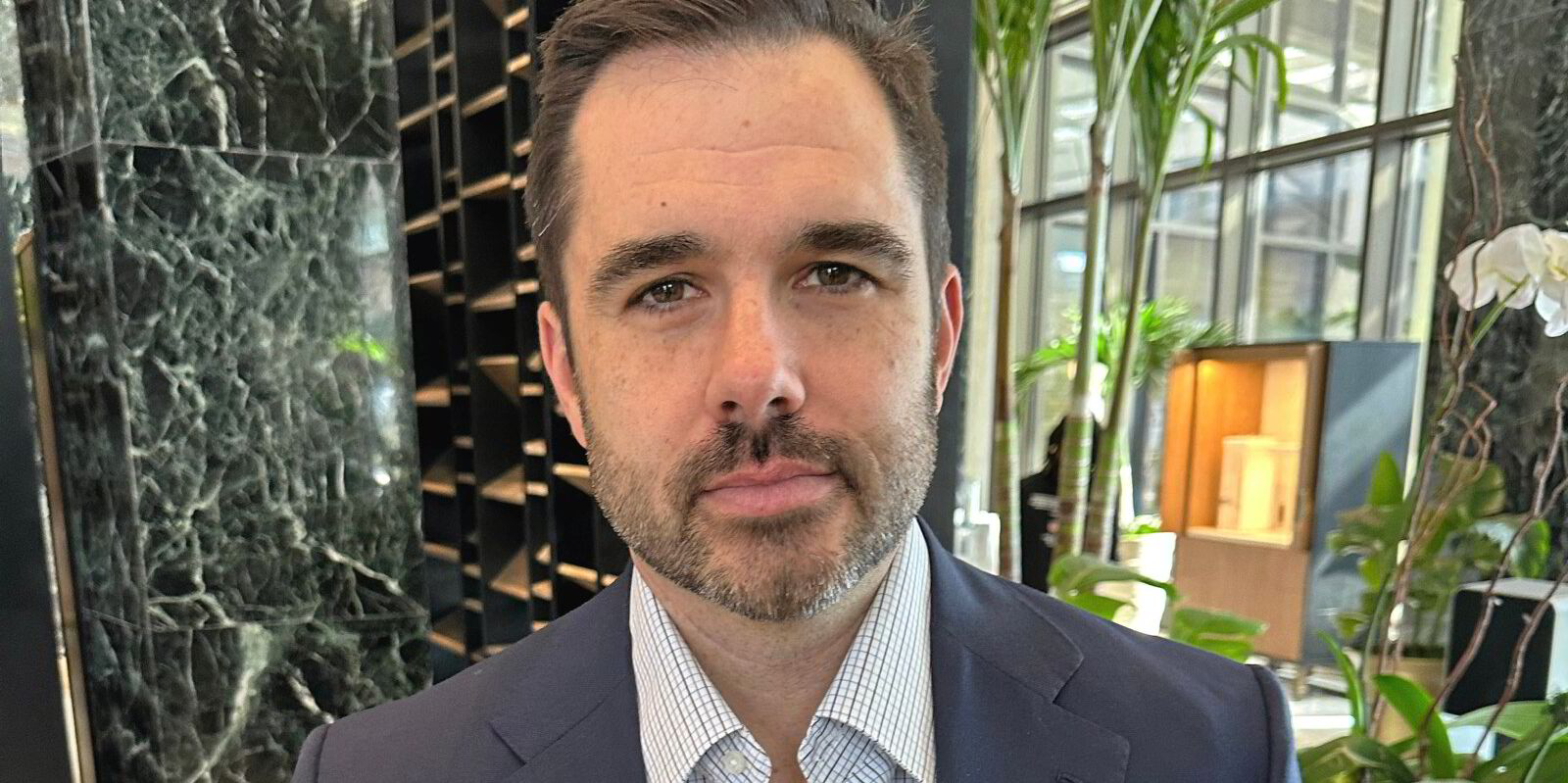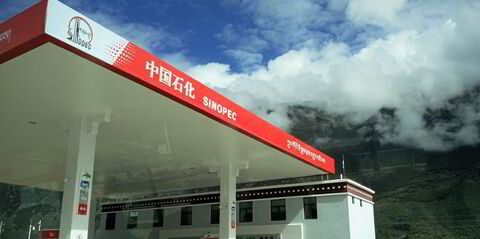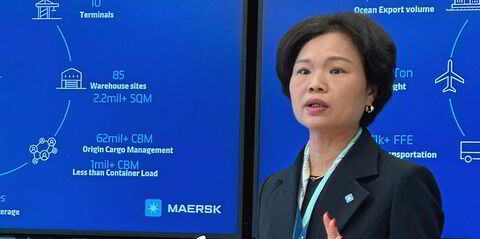Shipping’s difficult relationship with net asset value is a subject that gnaws at Hamish Norton, the veteran investment banker who for the past decade has been president of Star Bulk Carriers.
Norton uses words like “embarrassing” and “depressing” to describe shipping stocks’ tendency to trade at discounts to NAV even during bumper rates markets for many operating sectors.
And New York-listed Star Bulk, a proven consolidator with a market capitalisation exceeding $2.25bn, is not immune to the trend.
It slipped below $20 per share this week, after an investment bank’s recent assessment of its NAV came between $30 and $31.
That is a problem for a company that wants a $5bn share value, and whose growth ambitions hinge on using its stock as currency, as it has in nine consecutive consolidation deals.
So when Capital Link’s Nicolas Bornozis flipped the moderator’s keys of his analyst panel to Norton this week, there was little doubt where the Star Bulk man would steer things: right down the NAV highway for the entirety of the 40-minute conference session.
Norton came out blazing, telling the stock researchers that their very existence depended on finding a solution to the NAV-envy syndrome.
“Unless we find a way that investors will pay more for shipping equities, none of you will be employed in your current capacities,” he told the panel.
The bad news is that the whole exercise was a bit like eating soup with a fork. When Streetwise asked Norton following the session whether he had come away with a magical solution to bring back to Star Bulk boss Petros Pappas, he shook his head and quietly said: “No, I haven’t.”
‘I hear from people who won’t touch shipping’

The good news is that the panel was the highlight of this year’s New York Maritime Forum, with plenty of lively and often amusing interplay between the old banker and the stock-pickers.
“I’m not quite ready to throw in the towel, but it’s been a long, hard path,” analyst Ben Nolan of Stifel said in response to Norton’s mention of job security.
“I hear from people who won’t touch shipping. There’s a view that the only market that’s more fragmented than shipping is baby-sitting. Nobody has any real pricing power.
"And you’re never going to be the smartest person in the room. They say the only thing that happens when they buy these stocks is they go down. I don’t see that changing soon.”
That level of candour seemed to surprise even a moderator in clear provocateur mode.
“Why do you stay around?” Norton shot back.
“I have five kids and a mortgage — I’ll do anything you want,” Nolan answered.
Humour aside, there were some serious attempts to solve the NAV riddle. Here’s a look at a few.
Supply, not demand

This theory came from Jefferies analyst Omar Nokta, who, like Nolan, has been covering shipping since about 2004 and is a fellow alumnus of Texas A&M University.
Both researchers arrived in shipping in time for a wave of IPOs between 2004 and 2007, driven by the rapid growth of the Chinese economy.
“The biggest thing that’s missing in this cycle is that there’s no growth,” Nokta said. “It’s a supply story. There’s no sexy story around growth.”
That view drew agreement from DNB Markets analyst Jorgen Lien, the panel’s only researcher based outside the US.
“Twenty years ago, you had this perception that there was a lot more growth to come. As an investor, you don’t necessarily want to fund a supply story,” Lien said.
Is ‘last done’ real?
NAVs can be closely tied to reported “last done” sales in the market that may not reflect actual vessel values, analysts said.
A similar point was made on an earlier conference panel by Ridgebury Tankers chief financial officer Hew Crooks, who implied that some older assets may have seen prices bid up by “shadow fleet” activity whose duration has an uncertain shelf life.
“It’s pretty depressing when you’re trading below the value of your assets,” Norton observed. “Is management really subtracting value from these companies?”
Nolan suggested that in general this probably was not the case, although “unquestionably that can be a problem with some companies and can cast shadows on the whole industry”.
Long memories

Recent bull markets in shipping were preceded by many years of bad ones that brought investor losses in public companies. Investors have not forgotten, some suggested.
“The industry went through a long downturn,” Nokta said. “Private equity that entered all saw their investments blow up. I don’t think management teams need to do anything dramatically different. We just need a track record of success.”
Deutsche Bank’s Chris Robertson concurred: “There are long memories in the equity market, but I think time heals some of that.”
A voice of hope
B Riley Securities analyst Liam Burke has not focused on shipping as long as some colleagues, entering the space around 2018.
Burke said he has been impressed by public owners’ efforts to reduce debt and return capital to investors in many cases and he thinks the approach can gain traction.
“You have to convince investors and you have to create that track record, which I think they’re well on the way to doing,” he said.
None of this seemed to placate Norton, who appeared to leave the session about as frustrated as when he entered it.
The moderator asked at one point where were all the companies trading above NAV and frowned as analysts mentioned a few names that were at 95% or a little better.
“That’s depressing,” he said. “It’s like hearing you’ve got Covid but you’re still alive.”




